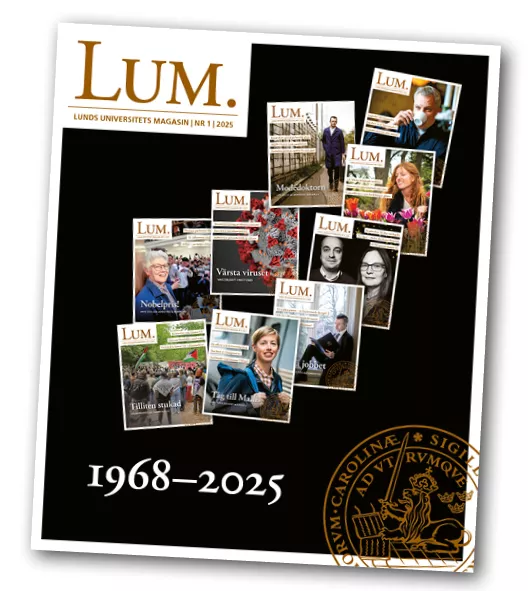“Losing a top 100 position in all three of the major lists means, among other things, that countries that sponsor their elite students with scholarships stop considering Lund and that successful universities around the world start looking for partners and collaborations with other universities.”
Top 100 attracts everyone
Other risks include losing funding and that collaborations with organisations and companies suffer. Fewer top researchers will apply to LU, as will students, whether from Sweden or internationally. In essence, LU’s attractiveness will diminish.
“Lund will be seen as a university going downward and the advantages of being a top 100 university will disappear overnight. The consequences would be unpleasant, at best, and at worst, positively damaging,” says Daniel J. Guhr, who has previously been hired as an expert consultant by Lund University, among others.
There are 24 ranking lists that judge universities according to different criteria. These criteria are weighted to different degrees in these lists, but one of the most important are surveys. Citations and publications are also significant. Other criteria include sustainability and the proportion of students who find employment after their studies.
"The three big ones"
Three of the lists are considered to be especially important and are the ones universities mention foremost in their marketing. That is, as long as they rank among the top 100 on these lists among the 18,000 universities worldwide. The three big ones are: the Times Higher Education (THE), Quacquarelli Symonds (QS) and Academic Ranking of World Universities, ARWU, often called the Shanghai Ranking.
In 2009, Lund slipped out of the Shanghai Ranking’s top 100. In 2020, the same thing followed on the THE. Last year, LU was ranked 95 on the QS list, down from our placing in 2014 when we were ranked 60.
“Lund University is famous around the world. It is a global brand and the goal has to be to stay within the top 100 on the QS ranking, and re-enter the top 100 on the THE,” says Daniel J. Guhr.
Excellence and global elite
“To be ranked among the top 100 on one of these three signals excellence and helps a university stake a claim for high quality. To be top 100 on all three puts a university in the absolute global elite.”
Another reason as to why it is important to be in the QS and THE top 100 lists is that these two have the greatest reach. This includes among prospective students and their families, the media, politicians, employers and scholarship organisations.
“I would say that marketing yourself as top 100 is a much stronger statement of quality than saying you rank at, say, 92,” says Daniel J. Guhr.
Tough regional competition
A top 100 position is especially important to Lund University, he argues. LU is competing with other high-quality higher education institutions in the region. These include the University of Copenhagen, Stockholm University, Uppsala, the Royal Institute of Technology (KTH), Chalmers University of Technology and Karolinska Institutet.
“In this competition, it is important to be able to call yourself a top 100 university.”





